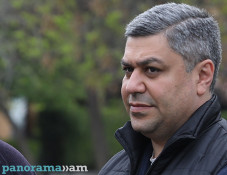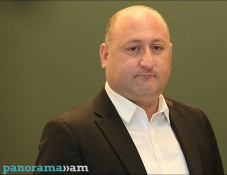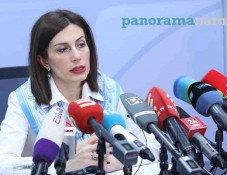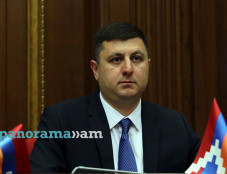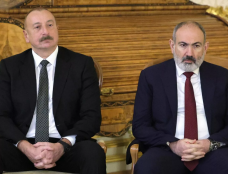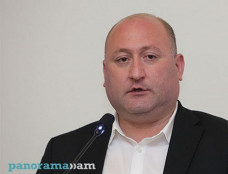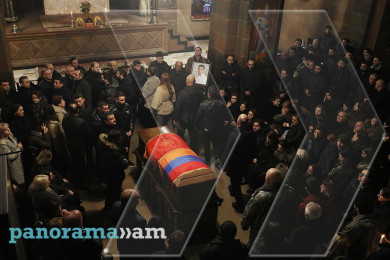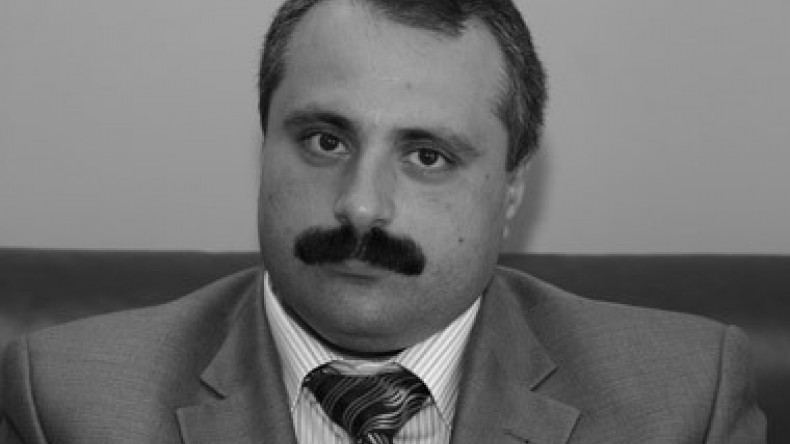
D. Babayan: Azerbaijan will be instigating provocations on contact line
“Azerbaijan will likely remain faithful to its methods, I’m prone to impose that Azerbaijan will act more cruelly violating all the previous agreements, thus avoiding to sign any document,” Davit Babayan, head of Artsakh President’s public relations department, told Panorama.am asked to remark on Azerbaijan’s reaction to investigate incidents happening in the contact line.
Artsakh official says it’s conditioned by a number of circumstances, particularly on a domestic situation.
“Azerbaijan also hosts election processes; hence its government won’t adopt constructive steps. Karabakh-Azerbaijani conflict faces serious challenges. They have bought a large quantity of arms and armament, their military budget is increasing and but even in this case, they are unable to resolve the conflict through armed deal, as it’s fraught with unpredictable consequences,” said D. Babayan.
The military balance, according to the official, is defended in the region, and the international community is against similar developments.
“Azerbaijani authorities have picked up the following strategy – understanding that military operations are impossible, Azerbaijan will be instigating provocations on the contact line. Investigation of incidents occurring in the contact line will leave problems, thus, in this respect, the denial was expected,” D. Babayan concluded.
On December 22, 2011, the OSCE Permanent Council approved the Unified Budget of the organization for 2012. Along with this, the Permanent Council discussed a request to increase the funding for the Office of the Personal Representative of the OSCE Chairman-in-Office (CiO) to ensure sufficient resources to investigate potential incidents on the Line of Contact between the armed forces of Nagorno Karabakh and Azerbaijan, in pursuance of the agreements of February 6, 1995 signed by the three parties to the conflict (Nagorno Karabakh, Armenia, and Azerbaijan) through the mediation of the Co-Chairs of the OSCE Minsk Conference. The idea of increasing the funds for the Office of the CiO Personal Representative was widely supported by the OSCE member-states. It is symbolic that the idea was opposed only by the Azerbaijani delegation, which explained its position by the fact that it could not approve additional funding for the Office until a final agreement on the details of the mechanism of the incidents' investigation was achieved.
Foreign Minister Edward Nalbandian declared that at the Sochi meeting in 2011 March, the sides had agreed to investigate the incidents at the line of contact between Armenian and Azerbaijani troops, with the international community supporting the initiative. However, so far the sides have failed to carry out the investigation and Azerbaijan is to blame for it.
Newsfeed
Videos





